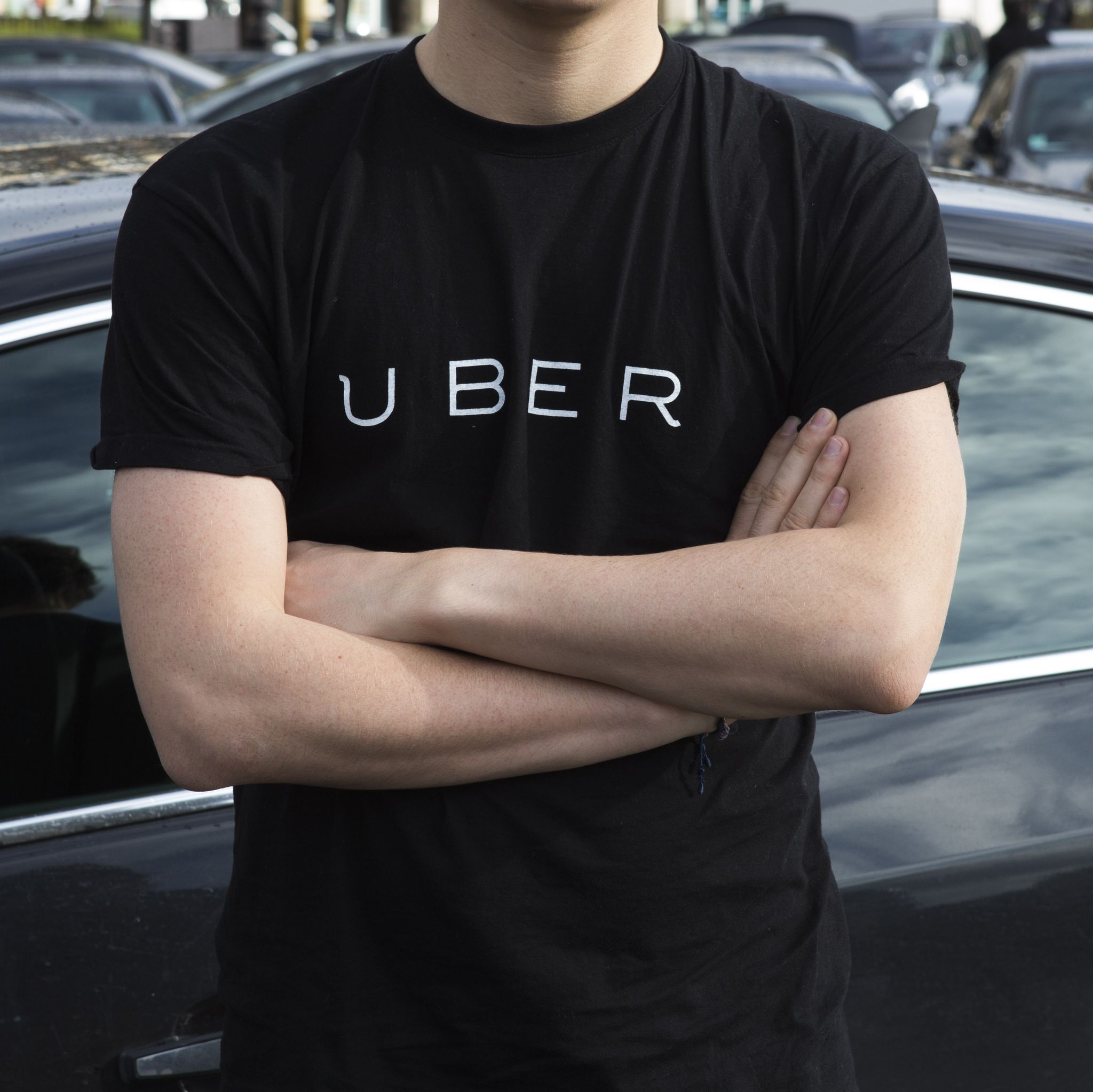All over the world, Uber and Lyft drivers are going on strike today, May 8th—and they're encouraging passengers to do the same. Ahead of Uber's highly anticipated Wall Street public offering on Friday, drivers in major global cities are turning off their apps in solidarity and demanding fair pay, better working conditions, and environmentally friendly car reforms.
Participating drivers hope it will send a message to the rideshare companies: decreasing wages and a lack of job security are simply not acceptable. Here's everything you need to know about the call to action—and whether you should join the boycott.
Drivers are striking for different reasons in different areas
Drivers are asking for better treatment, more money, and improved working conditions, but their specific demands vary from city to city. On social media, participants are using the hashtags #StrikeUberLyft and #AppsOffMay8 to show support.
More From ELLE

For example, in Los Angeles—where the strike will last for 24 hours—drivers have compiled a driver bill of rights to demand that Uber reverse a recent 25 percent rate cut, and that Uber and Lyft both guarantee drivers a $28 per hourly minimum rate, similar to to New York City's. The strike is led by Rideshare Drivers United, a Los Angeles-based association of drivers demanding fair pay, community standards, a voice on the job, and transparency.
"We ask that the public support drivers in their struggle for fair wages and our Drivers bill of rights," spokesperson and member Brian Dolber told NPR. "We are calling for community standards that will ensure that Uber and Lyft do not create needless traffic and pollution. By boycotting Uber/Lyft for 24 hours, passengers can show that they stand with RDU in our fight for a rideshare industry that truly serves Angelenos."
In New York, the New York Taxi Workers' Alliance held a rush hour strike from 7 a.m. to 9 a.m. and then gathered to picket outside of the Uber and Lyft offices in Long Island City.
Rideshare companies have long argued their drivers are independent contractors
That means they don't get the same rights as full-time employees, including workers' compensation, minimum wage, paid sick leave, etc. Both Uber and Lyft have said their businesses would be "adversely affected" if that status were to change.
“We have no sick leave, and are forced to drive long hours to make ends meet,” Uber driver Robin Thomas told the New York Times.
Drivers have tried to formally unionize in the past, but their "independent contractor" status means that they aren't covered by the same protections as employees when it comes to labor laws and organizing.
“Drivers are the main source of profit for these companies. They are not losing money, we are losing money. We are losing time – working into late nights, sleeping in places like this, because you have to, you have to do it to make money,” 35-year-old Uber driver Sultan Arifi told The Guardian.
Drivers have boycotted before, but this time is different
Timing is everything. Today's strikes were planned to occur just before one of Uber's biggest moments in company history: its public-trading debut. According toNPR, Uber could be placed among the top three most valuable companies ever to debut on a U.S. exchange at an amount as high as $91 billion.
"With the IPO, Uber's corporate owners are set to make billions, all while drivers are left in poverty and go bankrupt," said Bhairavi Desai, executive director of the New York Taxi Workers Alliance, told CNN in a statement.
According to The Guardian, Uber will give drivers $300 million in bonuses to 1.1 million qualifying drivers around the world “to acknowledge Drivers who have participated in [its] success” ahead of the IPO.
“Drivers are at the heart of our service ─ we can’t succeed without them ─ and thousands of people come into work at Uber every day focused on how to make their experience better, on and off the road,” a spokesman told the newspaper.
What cities are participating?
In the U.S., drivers in Los Angeles, San Diego, Chicago, D.C., New York, Boston, Philadelphia, Stanford, Atlanta, and San Francisco are striking, according to this map on Rideshare Drivers United. The movement has also gone global with drivers in the Untied Kingdom, Australia, Chile, Brazil, Nigeria, Costa Rica, and Nairobi joining in.
Passengers are being asked to boycott, too
Many of today's participating drivers hope passengers will support them. Those who use Uber and Lyft and want to back their drivers are advised to commute via cab, public transport, or bicycle. According to The Washington Post, D.C. officials have arranged for extra cabs at the airport and are encouraging people to use the Metro.
What the strikes could mean for Uber and Lyft
This has the potential to be the largest boycott in rideshare history—but will it have any impact? Because investors are already aware of the divide between these companies and their drivers, the strikes likely won't have any immediate impact on investor demand, according to CNN. They could, however, impact the ability of Uber and Lyft to attract and retain drivers—the essential heartbeat of ridesharing.
“Lyft drivers’ hourly earnings have increased over the last two years, and they have earned more than $10 billion on the Lyft platform,” a Lyft spokesperson told Fortune. “Over 75 percent drive less than 10 hours a week to supplement their existing jobs. On average, Lyft drivers earn over $20 per hour. We know that access to flexible, extra income makes a big difference for millions of people, and we’re constantly working to improve how we can best serve our driver community.”
Rose is a Senior Editor at ELLE overseeing features and projects about women's issues. She is an accomplished and compassionate storyteller and editor who excels in obtaining exclusive interviews and unearthing compelling features.












